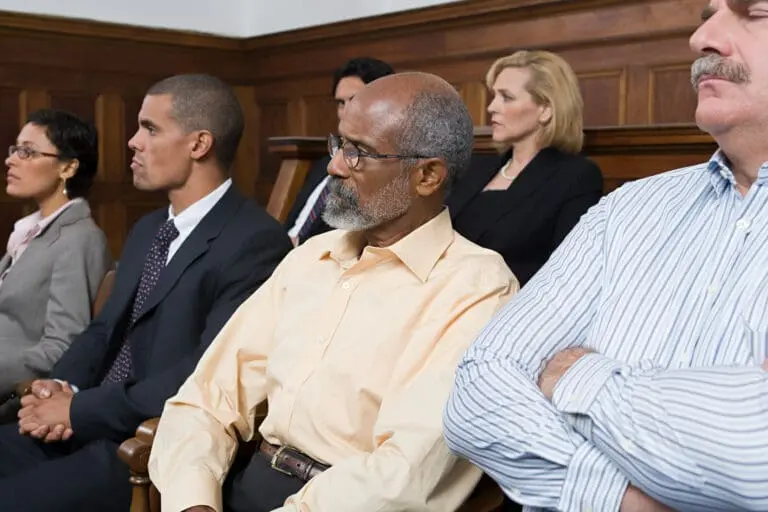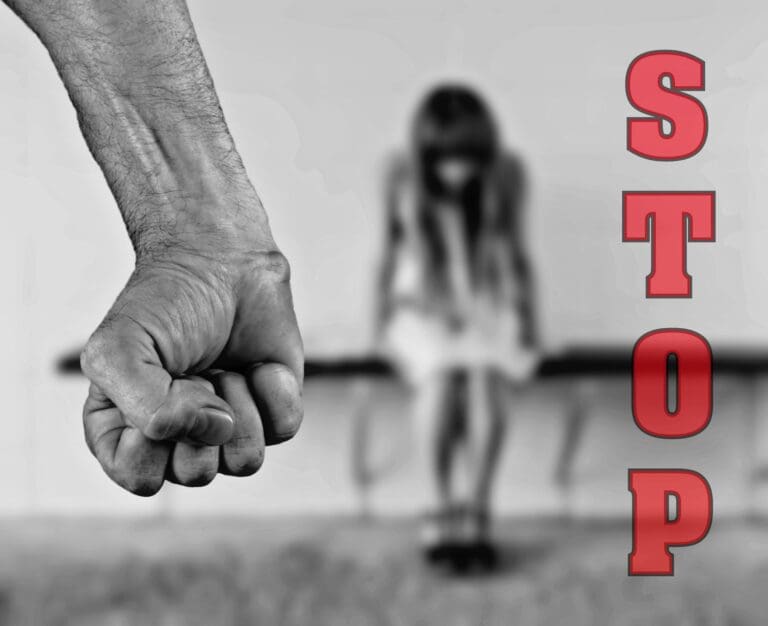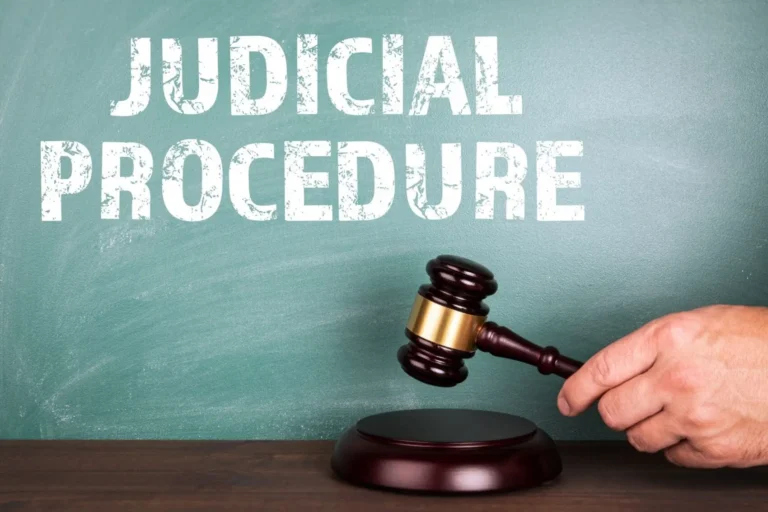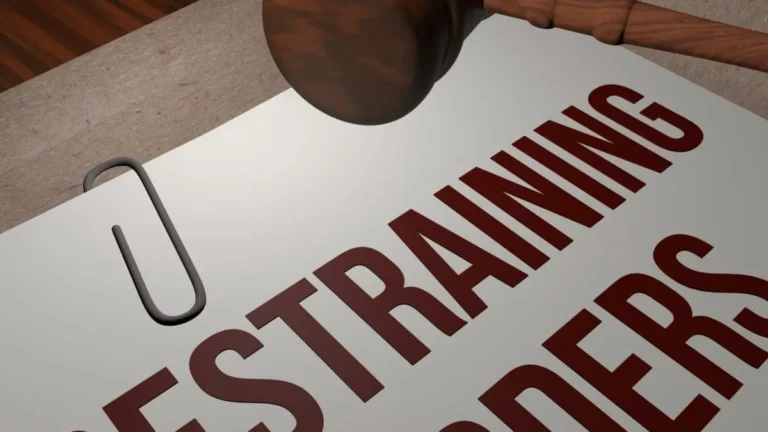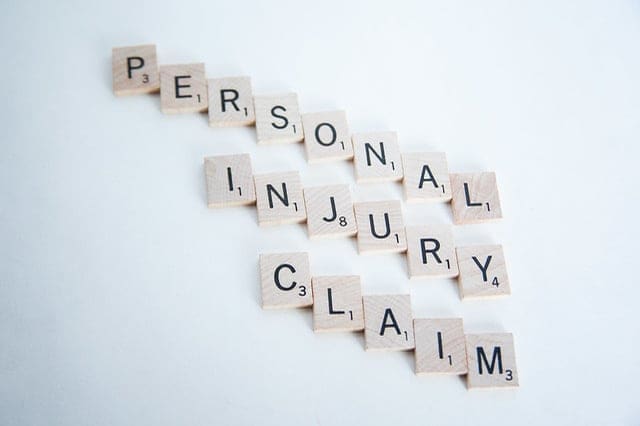Criminal Law

Criminal law is the branch of law that deals with crimes and punishments. A crime is an act or omission that violates a law and harms the public or an individual. A punishment is a sanction imposed by the state or a court on a person who commits a crime.
There are different types of crimes, depending on the nature and severity of the harm caused. Some common categories of crimes are:
– Felonies: These are serious crimes that carry a penalty of more than one year in prison or death. Examples of felonies are murder, rape, robbery, kidnapping, arson, and treason.
– Misdemeanors: These are less serious crimes that carry a penalty of less than one year in prison or a fine. Examples of misdemeanors are petty theft, assault, battery, trespassing, disorderly conduct, and driving under the influence.
– Infractions: These are minor offenses that usually result in a citation or a fine. Examples of infractions are traffic violations, littering, jaywalking, and parking tickets.
If you are accused of committing a crime, you have certain rights and protections under the law. These include:
– The right to remain silent and not incriminate yourself.
– The right to be informed of the charges against you and the evidence against you.
– The right to have a lawyer represent you or to have one appointed for you if you cannot afford one.
– The right to have a speedy and public trial by an impartial jury of your peers.
– The right to confront and cross-examine the witnesses against you.
– The right to present witnesses and evidence in your favor.
– The right to appeal the verdict or sentence if you are convicted.
A criminal case is a legal proceeding in which the state or the federal government prosecutes a person for committing a crime. A criminal case has several stages, such as:
– Investigation: This is when the police or other law enforcement agencies gather evidence and information about the crime and the suspect. They may conduct interviews, searches, surveillance, forensic tests, etc.
– Arrest: This is when the police or other law enforcement agents take the suspect into custody and read them their rights. They may also take their fingerprints, photographs, DNA samples, etc.
– Booking: This is when the suspect is formally charged with a crime and entered into the system. They may also be given a bail amount or held in jail until their arraignment.
– Arraignment: This is when the suspect appears before a judge or a magistrate and pleads guilty or not guilty to the charges. They may also request a bail reduction or modification, or enter into a plea bargain with the prosecutor.
– Pretrial motions: These are requests made by either party to the judge before the trial. They may include motions to dismiss the charges, suppress evidence, change venue, etc.
– Trial: This is when the case is presented before a jury or a judge who decides whether the defendant is guilty or not guilty based on the evidence and arguments. The trial has several phases, such as opening statements, direct examination, cross-examination, closing arguments, jury instructions, jury deliberation, and verdict.
– Sentencing: This is when the judge imposes a penalty on the defendant if they are convicted. The sentence may depend on various factors, such as the type and severity of the crime, the defendant’s criminal history, the victim’s impact statement, etc. The sentence may include imprisonment, probation, fines, restitution, community service, etc.
– Appeal: This is when either party challenges the verdict or sentence in a higher court. They may argue that there was an error of law or fact that affected the outcome of the case.
If you are facing criminal charges, you need a skilled and experienced criminal lawyer to defend your rights and interests. A criminal lawyer is a legal professional who specializes in criminal law and represents clients who are accused of crimes. A criminal lawyer can help you by:
– Advising you on your legal options and possible outcomes.
– Negotiating with the prosecutor for a plea bargain or a reduced charge or sentence.
– Preparing and filing pretrial motions to challenge the validity of the evidence or the procedure.
– Conducting an independent investigation and gathering evidence and witnesses in your favor.
– Cross-examining the prosecution’s witnesses and exposing their weaknesses or inconsistencies.
– Presenting a strong and persuasive defense strategy and argument to the jury or the judge.
– Appealing the verdict or sentence if you are convicted.
Finding the best criminal lawyer for your case can be a daunting task. There are many factors to consider, such as:
– The lawyer’s qualifications, experience, reputation, and track record in handling similar cases.
– The lawyer’s fees, payment options, and availability.
– The lawyer’s communication skills, personality, and rapport with you.
– The lawyer’s familiarity with the local courts, judges, prosecutors, and laws.
To find the best criminal lawyer for your case, you can:
– Ask for referrals from friends, family, colleagues, or other trusted sources who have dealt with criminal lawyers before.
– Search online for criminal lawyers in your area and check their websites, reviews, ratings, testimonials, etc.
– Contact your local bar association or legal aid office and ask for a list of qualified and reputable criminal lawyers who offer free or low-cost consultations.
– Meet with several potential lawyers and interview them about their background, experience, strategy, fees, etc. Choose the one who meets your needs and expectations.
Criminal law is a complex and challenging field of law that requires a lot of knowledge, skill, and dedication. If you are involved in a criminal case, you need to understand your rights and responsibilities and seek professional legal help as soon as possible. A good criminal lawyer can make a difference in the outcome of your case and protect your future.
